Big steps on the journey to motherhood for Fu Ni
Based on scientific evidence and behavioural observations, the window has now passed during which time Adelaide Zoo’s Giant Panda Fu Ni would be expected to have given birth.
This means that Fu Ni could have at one time been pregnant and reabsorbed the foetus, a phenomenon scientists still don’t fully understand the cause of, or reached the end of a phantom pregnancy.
The challenges faced by the panda care team since the September breeding season is that there are no definitive tests to confirm pregnancy in Giant Pandas as hormonal changes and other typical early-pregnancy symptoms are also exhibited during phantom pregnancy.
The only definitive way to confirm pregnancy in pandas is through an ultrasound examination where a foetus can been seen in the last few weeks of a pregnancy; this was not possible due to her unwillingness to participate in ultrasound examinations in recent weeks.
Zoos SA Chief Executive Elaine Bensted says activities that have occurred since the breeding season will put the Zoo in good stead for future breeding seasons.
“Although Fu Ni did not give birth this year, we have every hope that she will go on to become a mother in the future,” Elaine said.
“Planning for a potential birth is the furthest we’ve come to reaching our ultimate goal of celebrating the birth of our own panda cub, and the knowledge and experience gained over recent months will put us in an excellent position to experience success in the future.
“In another positive development, as part of the artificial insemination process, it was confirmed that Wang Wang’s semen quality has improved significantly compared to previous years to the stage that we’re confident that he is fertile. This provides the team with confidence for coming breeding seasons.
“Adelaide Zoo is committed long-term to Giant Panda conservation, and we look forward to continuing our work with research partners and colleagues in China.
“I would personally like to thank all those involved, including our external partners, for their dedication, passion and professionalism over many months of preparation and hard work. We particularly thank Clipsal 500 Adelaide and the WOMADelaide for their cooperation and efforts to minimise disturbances during this period.”
Fu Ni is still showing behaviours consistent with phantom pregnancy, loss of appetite, sleeping for longer periods of time, increased sensitivity to light and sound and nest making, but these behaviours are likely to decrease over the coming days and weeks. She may or may not be visible to the public today as she is choosing to spend time in the haven of her den.
As a member of the international Giant Panda breeding program, Adelaide Zoo celebrates in the success of its fellow members, National Zoo in Washington D.C. and Zoo Negara in Malaysia, who have recently celebrated Giant Panda cub births.








